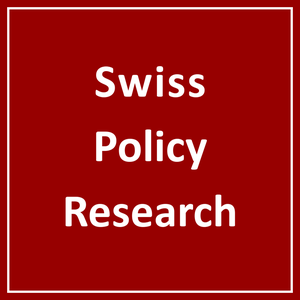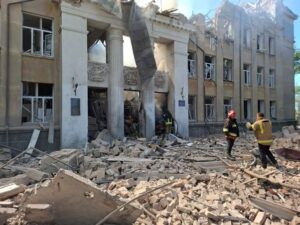
LINK https://swprs.org/the-power-of-natural-immunity/

A new Israeli study confirms the superiority of natural covid immunity.
Data from Israel and some other countries has shown since August that infection-acquired immunity offers much stronger protection against coronavirus re-infection than vaccine-induced immunity. A new Israeli preprint study by Yair Goldberg et al. confirms this result and offers new insights.
As the chart above shows, at 4 to 8 months, the risk of infection after recovery is about seven times lower than after double vaccination. Moreover, while vaccine protection decreases to zero after about six months, natural immunity remains quite high even beyond 12 months.
The study also confirms that vaccination after recovery (turquoise bars in the chart above) offers no significant benefit: even at 6-8 months, the confidence intervals still overlap. In particular, vaccinating young recovered people (e.g. children, students or athletes) is clearly contraindicated: it adds major vaccine-related health risks, such as myocarditis, without any medical benefit.
Somewhat concerningly, infection after vaccination appears to confer lower immunity than infection alone (purple bars in chart above). This might be a statistical artifact, but it might also point to a vaccine-induced antigenic priming effect: for instance, it has been shown that vaccinated people no longer develop anti-N antibodies once infected (as vaccines induce anti-S antibodies), but anti-N antibodies help limit infection in the upper respiratory airways, according to a recent study.
The Goldberg study covers the period from August to September 2021, during which the Delta variant dominated in Israel. Thus, the effects are primarily due to rapidly waning vaccine-induced antibody levels, not immune-escape. Against the immune-evasive Omicron variant, the difference between infection-acquired and vaccine-induced immunity may be even more pronounced.
The results by Goldberg et al. once again confirm the inappropriateness of “vaccine passports” and vaccine mandates. Nevertheless, for people at high risk of severe covid, vaccines offered significant protection against infection and severe disease for about half a year. Booster shots could prolong this protection, but they have become much less effective against the immune evasive Omicron variant.
Thus, people at high risk of severe covid require updated vaccines and/or state-of-the-art early treatment options. Ultimately, the coronavirus pandemic will be ended not by vaccines, but by widespread natural immunity, although vaccines may, in the best case, mitigate initial infections. A rational pandemic response should take these facts into account.


